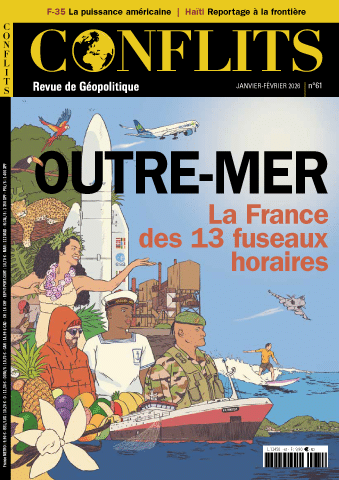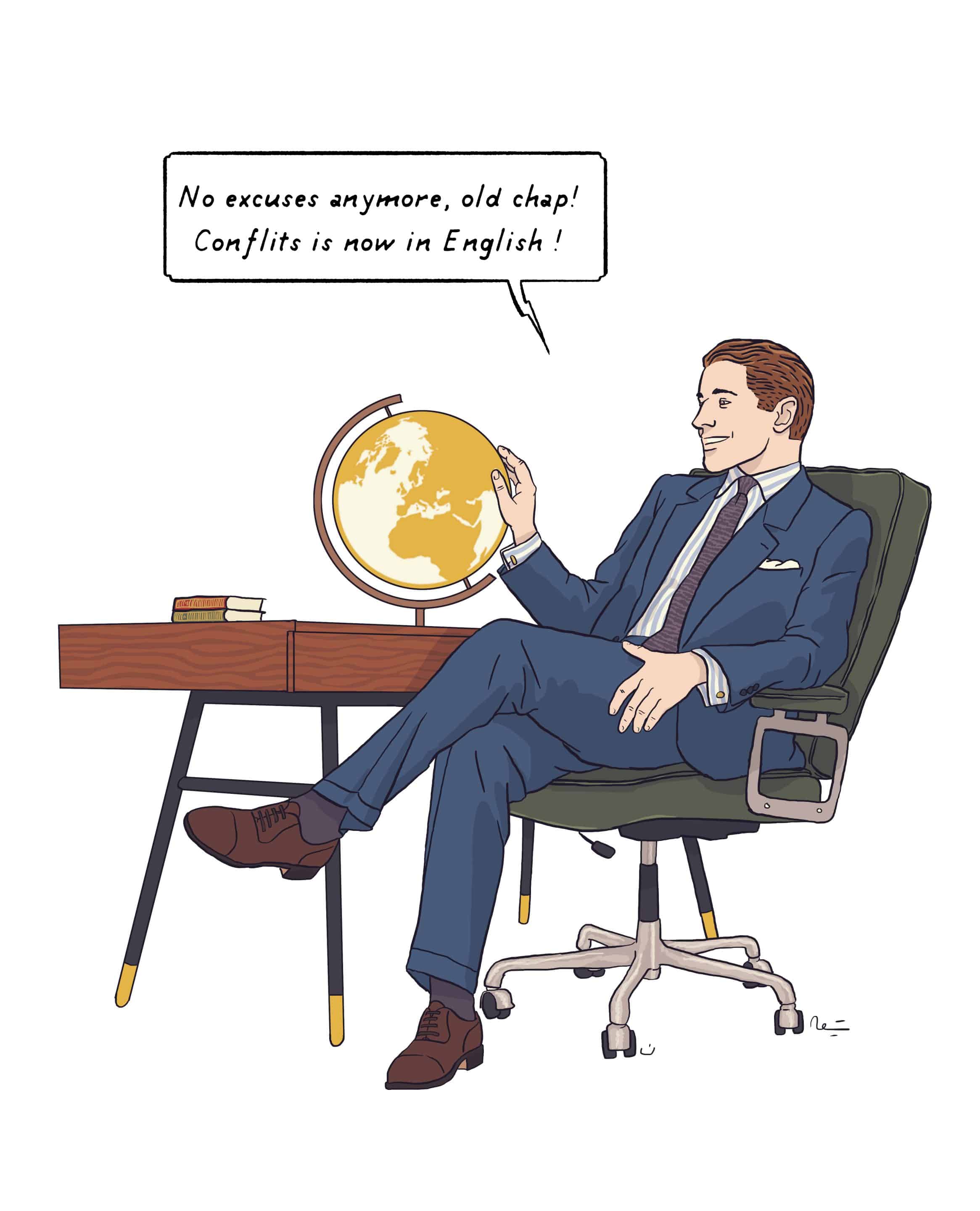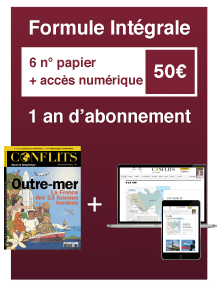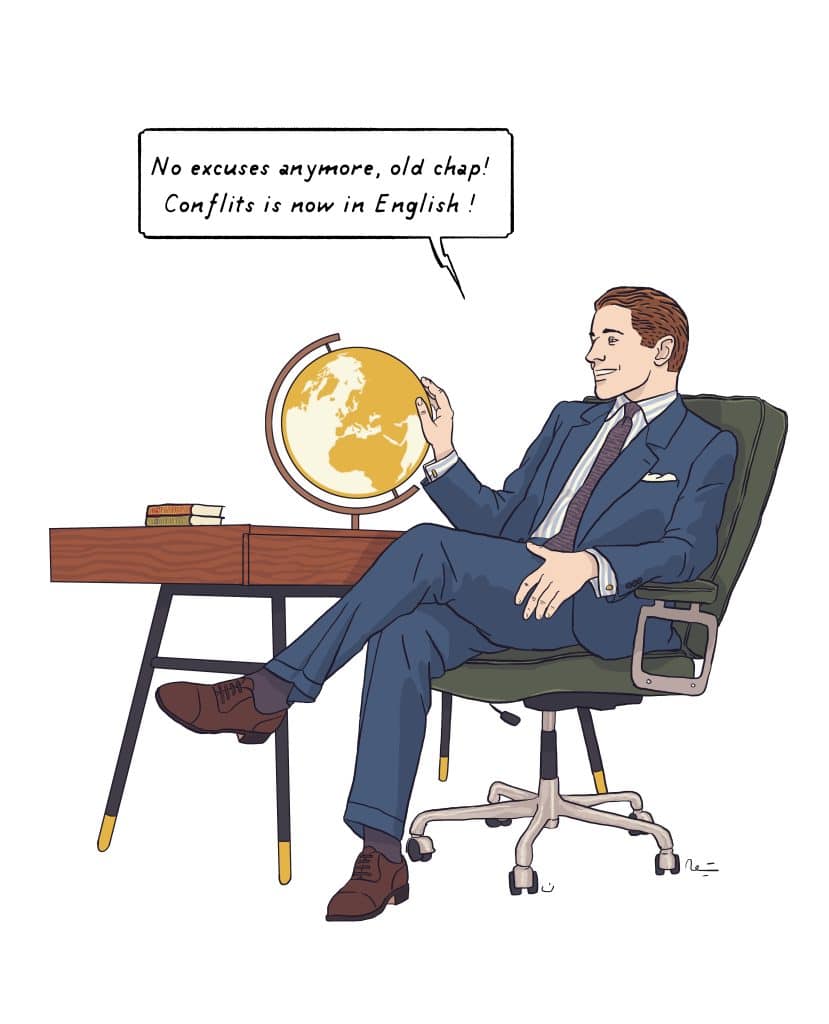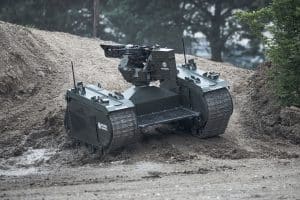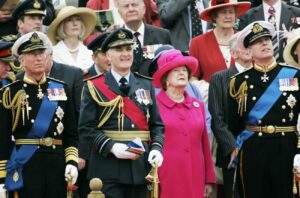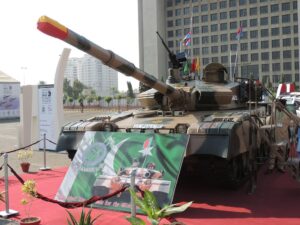Conflits is the leading journal of the French school of geopolitics. Find out in a few words who we are and how we work.
Conflits is part of the French school of realistic geopolitics.
It brings together contributors from a wide range of backgrounds: academics, military officers, business leaders, journalists, diplomats, etc., both French and foreign.
It publishes six issues per year, as well as special issues. In addition to the magazines and website, it has a YouTube channel and a podcast channel.
Its readership is diverse: professors, students, senior executives, officers, and anyone interested in geopolitics.
Conflits is directed by Jean-Baptiste Noé, PhD in history (Sorbonne) and professor of political economy.
Our vision of geopolitics
Geopolitics in the field
Which embraces its links with geography and operates on several scales (international, national, local)
Global geopolitics
Which studies all the forces at work and aims to be a crossroads for all geopolitics, not just relations between states.
Long-term geopolitics
Which is wary of immediate emotions and observes the permanence of geography and history.
Geopolitics of suspicion
Which is wary of good intentions and seeks to identify the interests at work behind the rhetoric.
Conflits attaches great importance to maps. The journal has a dedicated team of cartographers.
Our method
Time and space
History and geography enable us to understand the present in the light of the past and to anticipate the future. History reveals the permanence of the long term and the weight of experience, while geography allows for multi-scale analysis from the local to the global.
The whole person
Our anthropological analysis seeks to describe human phenomena without neglecting any facet of humanity: not only political and economic, but also social, cultural, artistic, spiritual, and even its darker corners, such as crime.
The role of symbols
Cultural power is a language that unfolds through symbols specific to a population: art, clothing, cinema, architecture, design, rites and customs, linguistics, and media. In general, it allows us to understand the depth of peoples.
The power of power relations
States seek first and foremost to defend their interests, fighting in economic warfare and establishing power relations and power between themselves.
Major themes covered by the journal
Economic warfare and geoeconomics
French overseas territories
Asia
Culture and luxury
Local geopolitics and public policy
